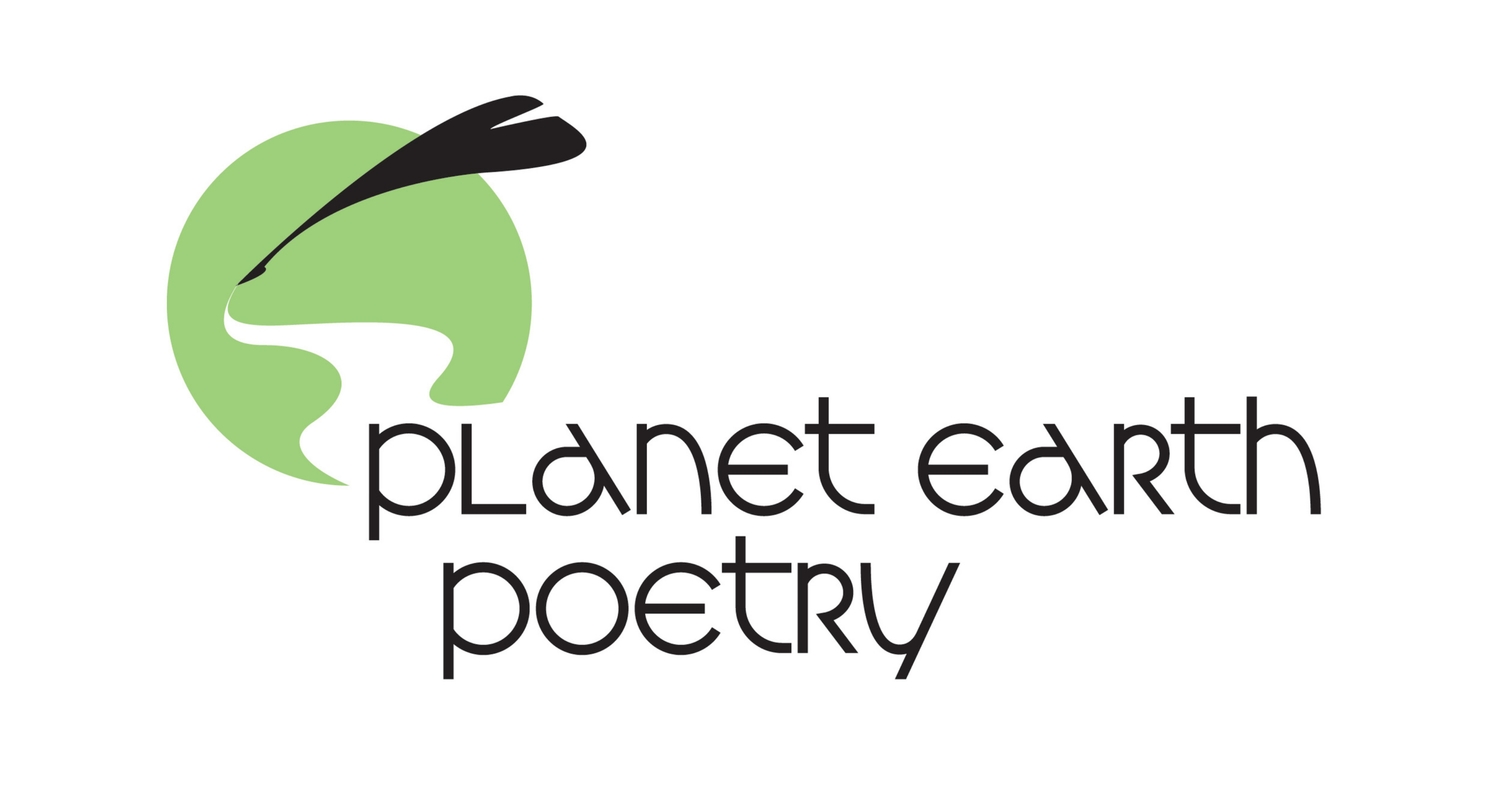Daniel G. Scott – An Interview
By Tyler Gabrysh
Daniel, in this, your second book after last year’s black onion, have you felt a development in your poetry, and what is the significance of the title, terrains?
Well I hope my work is developing. I think my eye and ear are getting a little sharper and that means fewer words. I am attempting to not write the same poem or same style and may that continue to develop.
The title terrains captured for me some of both the physical landscapes that some of the poems are from but also the interior landscapes of loss that shape so many of the poems. I think the hidden word ‘rains’ in the title mattered to me and Christine, who did the cover, capture some of the sense of layers but also upheaval of life. I write a lot of fragments when traveling.
This fascinating read is heavily focused from differing vantages on one of poetry’s paradigms – death. Your lines here are shorter, cutting, and absolute, as compared to other topical concerns. Is this consciously executed?
Consciously — hmm — maybe I think I was trying not to dissemble the matter of death but rather to speak to it directly. Poetry is one place where that can be done. It is an attempt to write honestly about death and its finality and impact on and place in living.
You are taking the reader on a journey; from the nadir of the holocaust to the mysticism of Scotland to the boldness of Yellowknife to more local ground of the west coast. Do you harness your creativity by writing in the moment or same day, or does it occur later, through reflection?
A little bit of all of those things. My writing process is not tidy. Sometimes the poems arise in the midst of events or places and happen first when and where I am. Some poems are compilations of events – an example is the winter triptych that has touches of Yellowknife, memories of hockey rink pick ups and the images from one of the US school shootings of parents waiting woven into a slightly surreal dream experience and form that into a poem. And then there is always editing and tweaking.
“in the years of my father’s dying” – and I recognize “years” – this excellently crafted poem indicates familial complexity and attempts understanding of the central figure. Was this piece difficult to write? Would you consider it a confessional?
I suppose it is confessional. My Dad was nearly 97 when he died and over the last years of his life he was changing and the siblings did spend time trying to make sense of our memories of him and who he was becoming in his last years and months, then days. As a parent of adult children it is easy to see how much negotiation goes on around who we think our family members are and how that shifts and how events are so often remembered differently and distinctly. I am hoping the poem is more than confessional and speaks to other journeys in other families.
terrains is divided into four sections. How did you arrive at this and were there any poems you wished to include that you felt didn’t feel fit with the collection?
I am not sure I can trace how exactly I arrive at the four sections and their titles. The last section landscapes was obvious as I had (and have) a number of these travel and place poems and fragments that are based on my response to contexts. Terminus was about my Dad’s death and it seemed the right word as it invokes stations and voyage. I think small is ironic: there are no small losses and the smallest of moments, of things can have immense impact. And sirens is a pun on the sound of alarm and the allure of temptation so the double of attraction and danger and how life is woven.
What was the reasoning behind dispensing with capitalization and punctuation throughout the book?
It is a writing habit. I like the sparseness of it and goes back to my MA thesis where I have a lengthy note about the disappearing self.
You’ve been a regular reader at the Planet Earth Poetry series for several years now. Can you tell us what this has meant to you?
A lot. It helped me find a community of poetry colleagues. PEP gives me a chance to find out about and take part in workshops and retreats that hone the craft of writing. I have felt embraced, encouraged and instructed in that setting. What more could a poet want?

